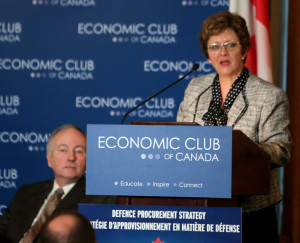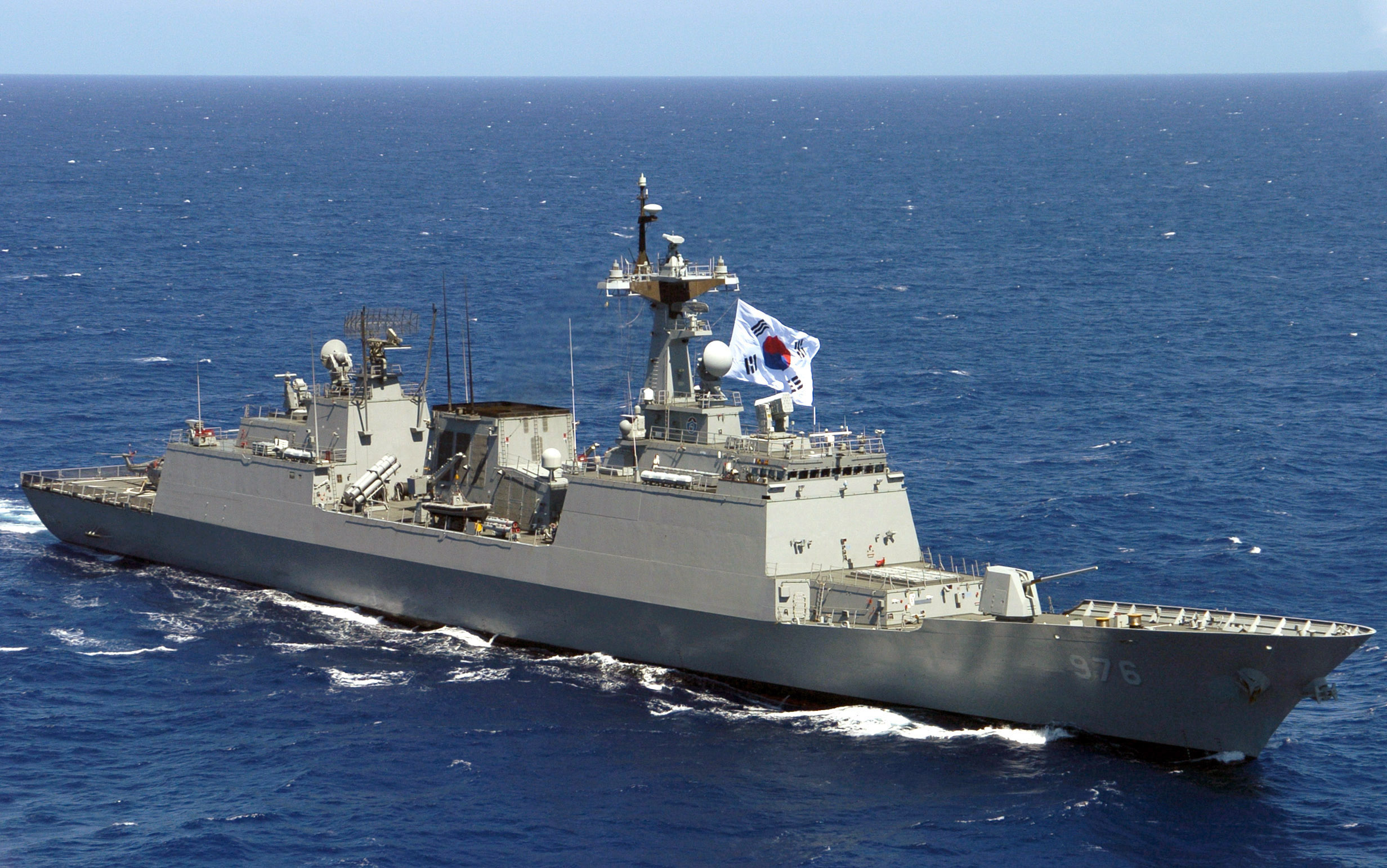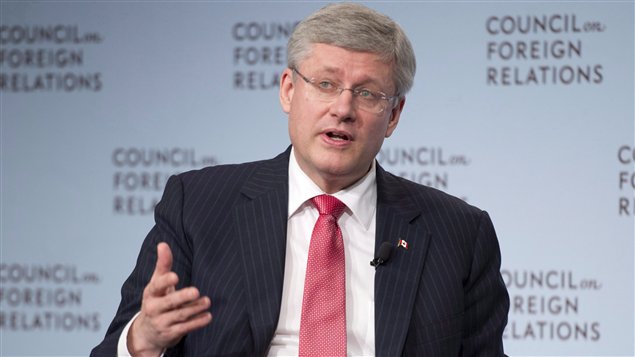In February 2014, the Government of Canada announced a major change to its traditional defence procurement policy. After coming under harsh criticism in recent years for serious delays and problems related to a number of procurement projects, including the F-35 program and the purchase of new search-and-rescue planes, the Federal Government introduced its new strategy.

One of the policy’s key components was the creation of a permanent Defence Procurement Secretariat, departing from past major procurement projects, such as the National Shipbuilding Project Strategy, which were overseen by individual secretariats. However, despite the more permanent nature of the Defence Procurement Secretariat, it is still not a truly centralised decision-making body. Similar to a task force, the Defence Procurement Secretariat consists of representatives from several different Federal Government Departments. Specifically, the Secretariat will involve the Department of Public and Government Services working in collaboration with the Department of National Defence, Industry Canada, the Department of Fisheries & Oceans and the Department of Foreign Affairs, Trade and Development.
Various media outlets reported that the Federal Government briefly considered rejecting the secretariat model before deciding it was ultimately the best policy option. As the Globe and Mail noted in July 2012, moving away from the secretariat model was seen as too challenging and resource-intensive to interest senior policymakers.
In contrast to Canada, the United Kingdom and Australia have specialised, independent defence procurement agencies. In the UK, for example, defence procurement falls under the mandate of the Defence Equipment and Support Organisation (DE&S), an ancillary to the Ministry of Defence. The DE&S Organisation is responsible for both managing defence procurement and providing the British Armed Forces with logistical support. In Australia, defence procurement is the responsibility of the Defence Materials Organisation (part of the country’s Department of Defence). As in the UK, the Defence Materials Organisation is concerned with logistical support for the Australian Defence Force, as well as defence procurement projects.
Australia and the United Kingdom were not without their own defence procurement problems. For example, in 2011 the head of the Defence Materials Organisation resigned after criticism from opposition politicians and the Minister of Defence. According to media reports, the agency had faced problems with several major defence procurement projects, including the acquisition of new submarines.
In February 2012, the Canadian Defence and Foreign Affairs Institute published a report analysing the potential benefits of an independent procurement agency. The report’s main author, Dr. Craig Stone of the Canadian Forces College, examined lessons learned in the United Kingdom and Australia. He concluded that for the most part, an independent procurement agency would not necessarily solve the underlying problems related to cost overruns or project delays. However, Stone did argue that the creation of an independent procurement agency could help establish a “single point of accountability.” In theory, a single cabinet minister would be responsible for the agency’s activities and projects, however, as the report acknowledges, scrutinising a cabinet minister would not necessarily create the meaningful accountability needed to encourage change.
No single approach to defence procurement is perfect. The secretariat and independent agency models both have their advantages and flaws. In Canada’s case, the decision has already been made to reject a more centralised procurement agency, but Australia and the United Kingdom can still provide useful insights for Canadian policymakers. An emphasis on accountability is vital to the successful development of a permanent Defence Procurement Secretariat and designating Public Works and Government Services Canada as the lead federal department is an important first step to achieve this end.
Hopefully these efforts will help limit bureaucratic confusion, and also enable senior government officials to be held more responsible for their decisions. In addition, the Department of Defence has made a very constructive commitment to developing better oversight mechanisms for major procurement projects. Much remains to be seen about the future of Canadian procurement and significant challenges still remain. But one thing is clear. The successes and failures of Canada’s allies, particularly the United Kingdom and Australia, offer valuable lessons that the Federal Government cannot afford to ignore.




